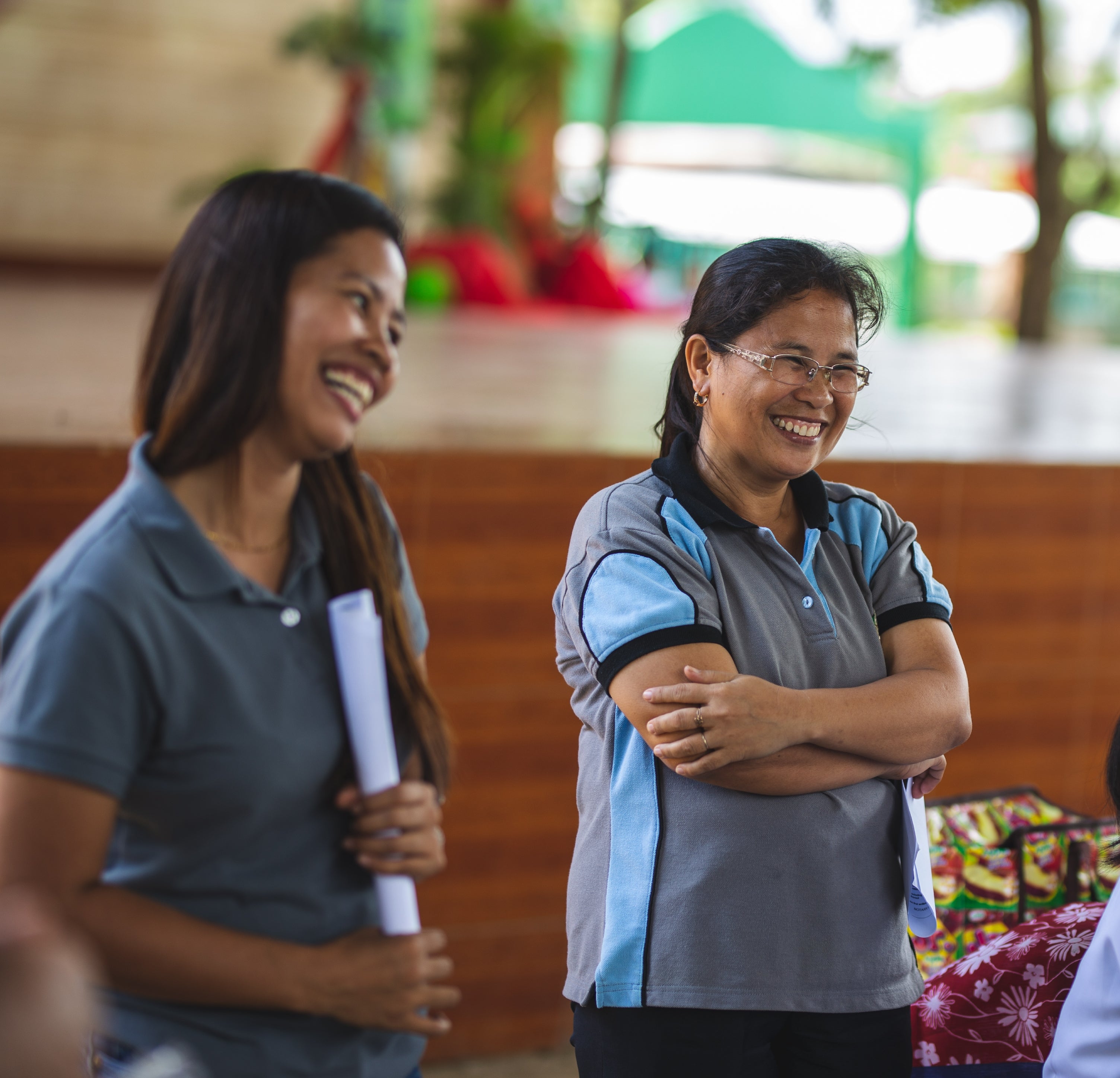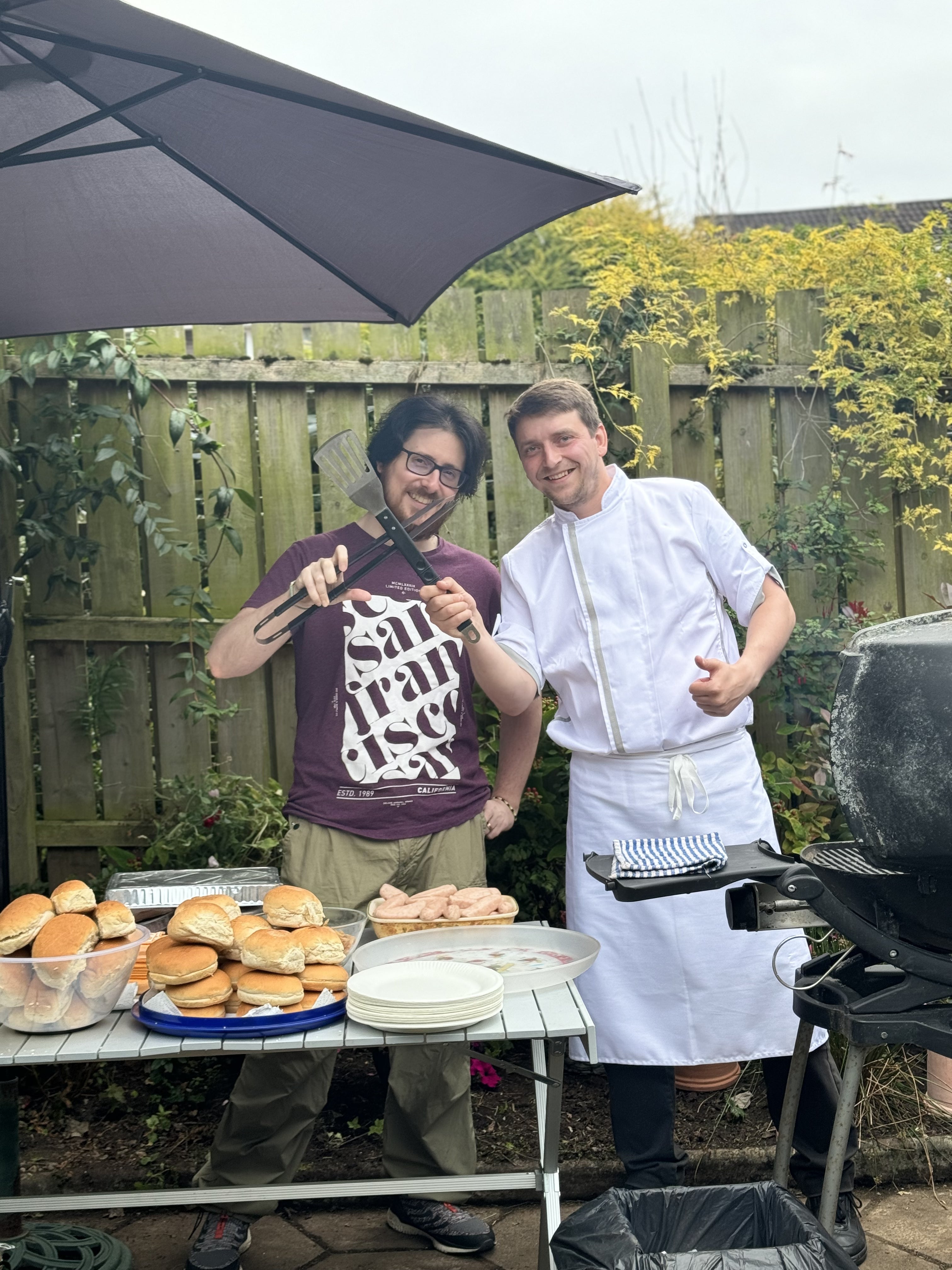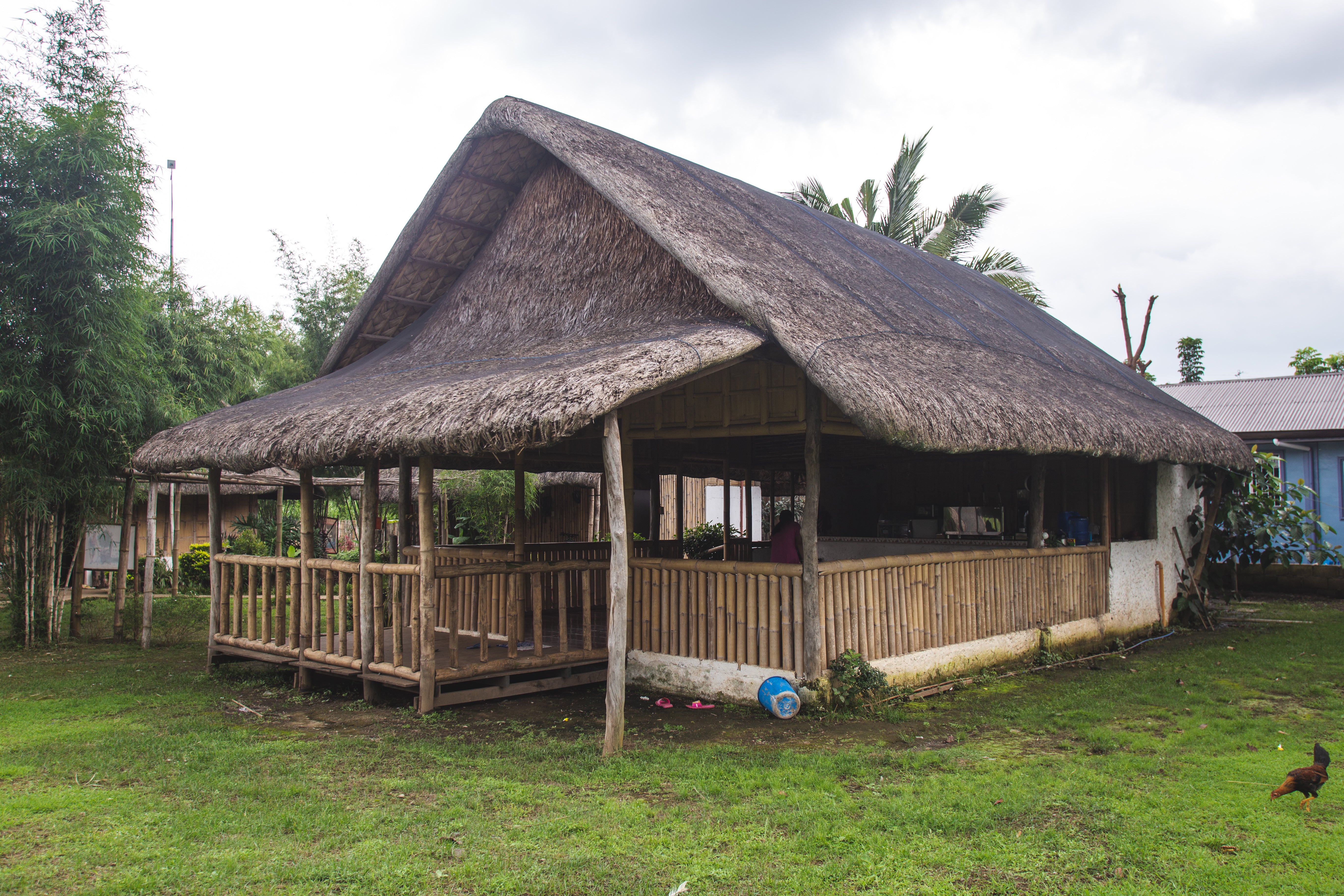Make a difference. Gain new experiences. Build lifelong friendships.
Volunteer with us.
At Ten Foundations, every helping hand makes a big impact. When you give your time, you're not just supporting a small charity with a global heart - you're also opening doors for yourself.

A boost for your career.
We'll happily provide recommendations for future jobs. Volunteering with us shows employers your commitment, skills, and community spirit.

Friendship & Connection
Meet like-minded people, make friends beyond Northern Ireland, and be part of a vibrant, supportive community.

A welcoming space for everyone.
English isn't your first language? That's no problem. Within our volunteer community, you'll have the chance to practice and build your English skills. while learning new ones along the way.

A gateway to the Philippines.
Should your journey take you to The Philippines, you'll enjoy free accommodation (good for 2 people). It's a chance to experience the very heart of our mission first-hand.
Why it matters.
Every bag sold, every pop-up shop run, every event supported, it all helps us provide education and livelihoods for women and families in the Philippines. By volunteering, you're helping to change lives.
Be part of the story.
Join us today. Your time, your heart, and your skills are powerful tools for change.
